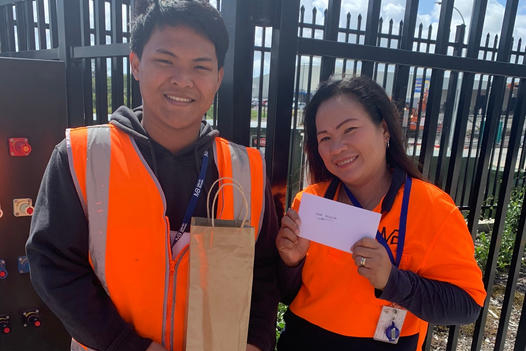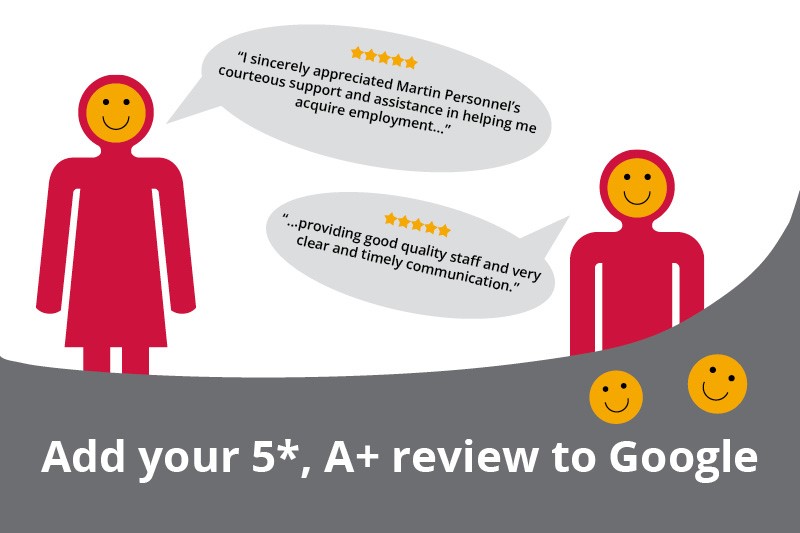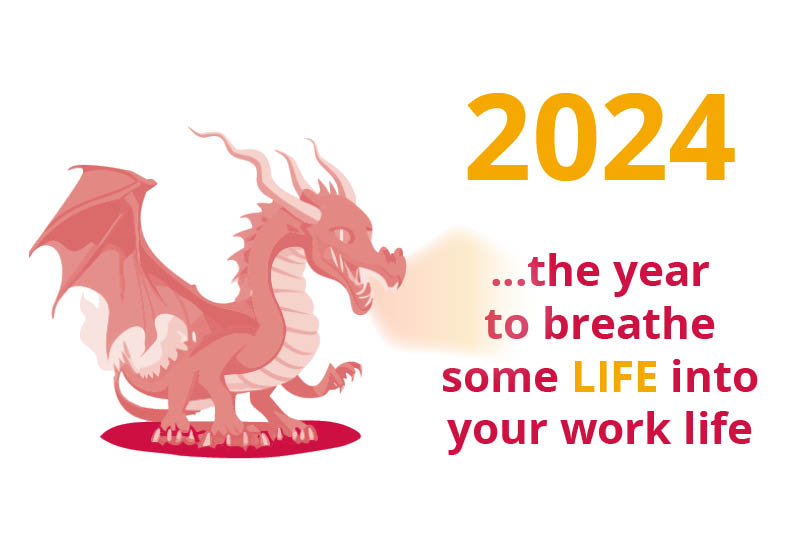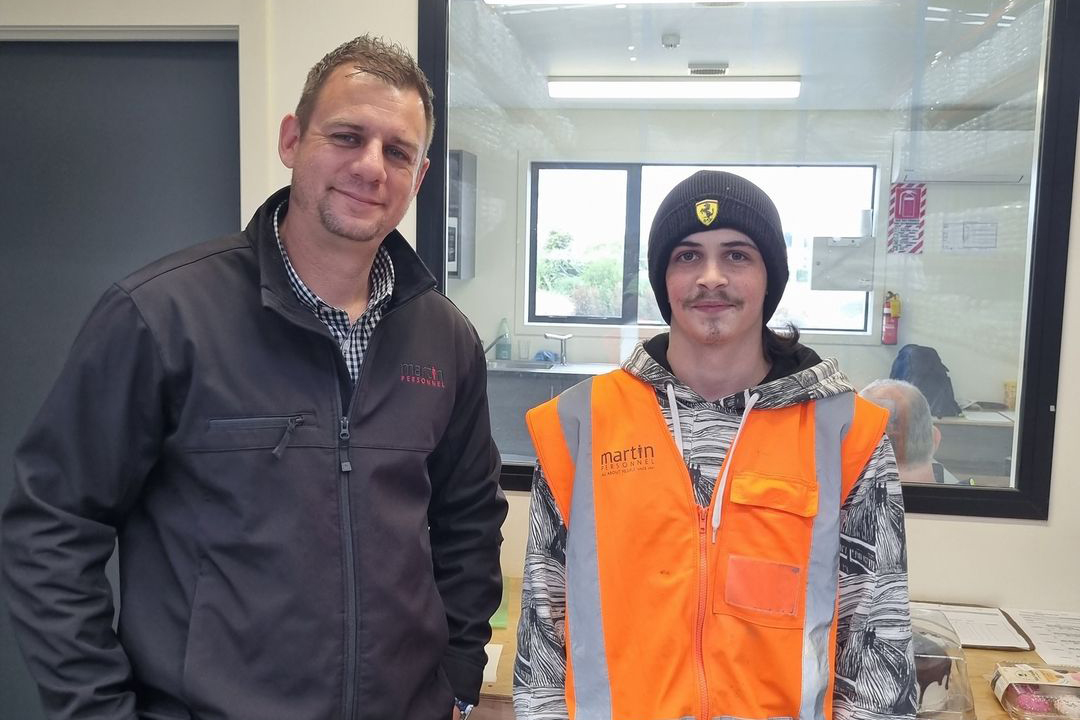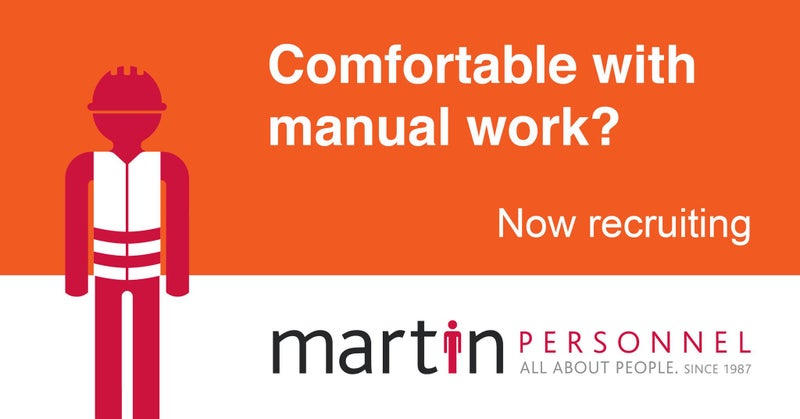Interviewing candidates – 10 tips for hiring managers
13th October 2022

...create optimal conditions for successful hiring
Conducting interviews for new employees is a skill that many people are not formally taught. Instead, many hiring managers just pick it up along the way through trial and error.
To help you fast-track acquiring good interview practices, these tips below have been prepared to highlight some of the basic elements that create optimal conditions for successful hiring:
1. Be well prepared
As well as reading CVs ahead of the interviews so that you are familiar with the candidate’s background and some relevant questions to ask, there are a couple of other essential steps for being well-prepared. Identify a list of the top criteria that are tied to the hiring decision so that you can keep the process as objective as possible. Link your questions to the criteria, as well job description. Also, think about what questions the candidate may ask so that you can be ready to answer them and have any reference materials or information on hand.
2. Relax the candidate by starting with an introduction
After some initial small talk to help relax the candidate, use the introduction to outline the structure of interview and manage their expectations around types of questions you will be asking, this should help put them at ease and give them a chance to mentally adjust to the interview style while you talk
3. Minimise talking time and be a good listener
After doing most of the talking during the introduction, thereafter it is a good rule of thumb to reduce your own talking time to less than 30% of the time. This will increase the chance of you being able to judge the character and fit for the role more accurately. Practice active listening skills.
4. Ask open-ended and behavioural questions
To ensure you get to hear more from the candidate (and therefore more out of the interview), ask open-ended questions. These are questions that require the candidate to say more than yes or no – questions that start with ‘w’ are a great way to tease out longer answers, such as ‘why?’ or ‘what?’.
Behavioural questions are also an important way of assessing problem-solving and critical thinking skills. These can be scenario-based “If you were in XYZ situation, what would you do?” or example based “Tell me about a time when you have…?”
5. Learn about their career aspirations and motivations
Getting the ‘right fit’ usually means gaining insight into the candidate’s motivations. What are they hoping to personally experience or achieve in their next role, and will this role match those aspirations? Will it be challenging enough, too challenging and do their expectations match what is involved with the job? These are all good considerations to bear in mind with a conversation about their goals and future
6. Be professional and courteous
Lead by example with the behaviour you expect of the candidate should you hire them – be on time, offer them a drink of water, show them around (if appropriate) and show appreciation for their time and interest in the employment opportunity.
7. Be friendly – but not too friendly!
Just because a candidate attends an interview does not necessarily mean they will accept the job if it is offered to them. It is a 2-way negotiation that involves both parties showcasing the best of what they have to offer. Keep in mind that if you want it to be an objective decision about the skills and fit for the job (not based on whether the candidate would make a good friend), don’t be too chummy!
8. Know your company’s pitch and remember they are interviewing you too
Following on from the previous point, often you also need to ‘sell’ the company and opportunity so that they remain open to any job offers you might make. Describe the culture and what makes it a great place to work etc. As an interviewer, you are representative of what the company stands for and its values. Your interactions with the candidate reveal a lot more than you think they might!
9. Talk about CV gaps/short-term roles
Gaps in CVs or short-term roles often have valid explanations, and the candidate should be invited to talk about them in a safe, non-judgemental way… however, you can look for red flags using cues such as body language. These may direct you to look more closely at areas where they could be holding back critical information.
10. Follow up after the interview and show that the company cares, and you are caring
Make sure you allow time for the candidate to ask questions at the end and manage their expectations by outlining the next steps in the hiring process. Regardless of the interview outcome, protect your company's reputation by continuing the courtesies after the interview. Send them an email to thank them for attending the interview and reinforce information about the next steps.
Get hiring help from Martin Personnel and we can help reduce the interviewing workload, leaving you free to make decisions with all the right information and best candidates. Contact us here.
News tags
All articlesAucklandCandidate articlesChristchurchClient articlesFranchiseUncategorised
Recent news
Is a recruitment franchise opportunity right for you?
11th June 2024
Crafting a standout CV – 10 tips for landing your ideal job
22nd April 2024
Another permanent placement!
28th March 2024
Leave a review for us
25th March 2024
Is 2024 time for a new job?...how to get started
19th November 2023
Another temp to perm placement!
25th October 2023
Could you be our next process worker?
12th September 2023


